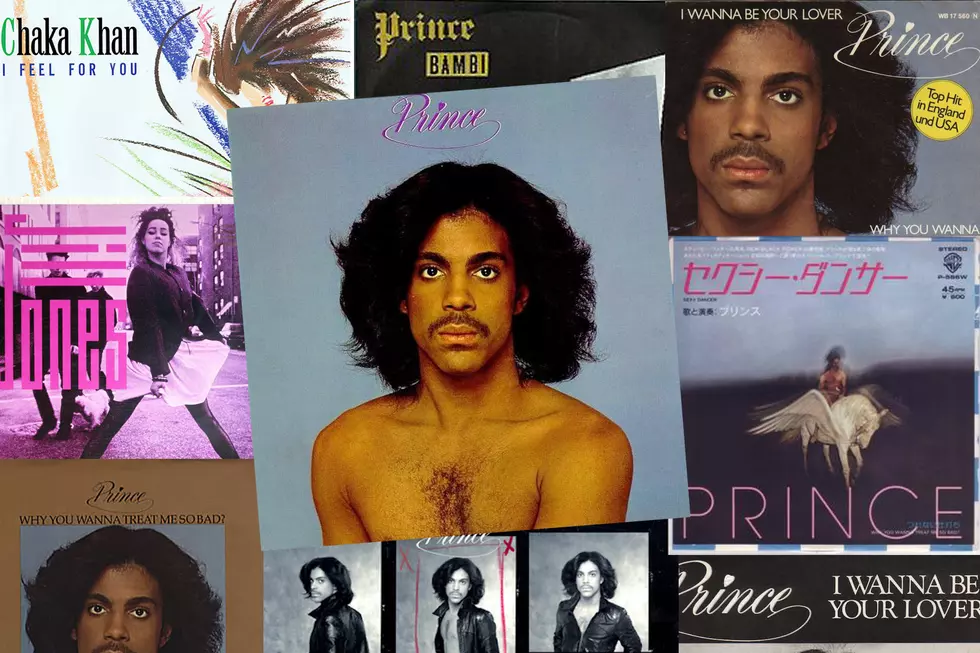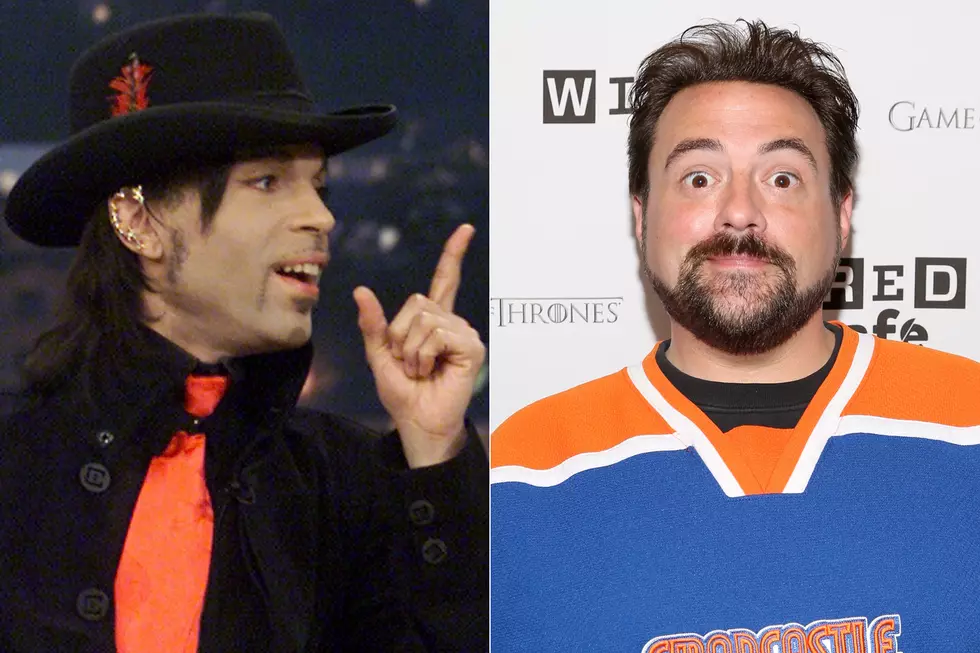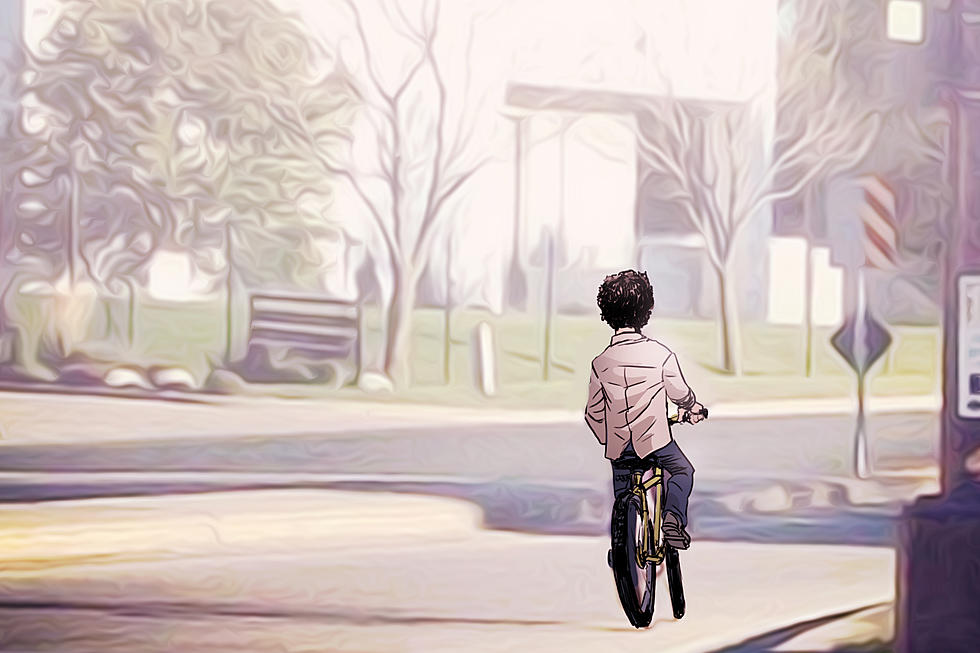
Prince Mocks His Own Fame in ‘Movie Star': 365 Prince Songs in a Year
To celebrate the incredibly prolific, influential and diverse body of work left behind by Prince, we will be exploring a different song of his each day for an entire year with the series 365 Prince Songs in a Year.
With Purple Rain, Prince became a major motion picture star, and with that came all the invitations to all the hottest clubs and parties Hollywood had to offer, with women throwing themselves at his feet. But while he had boasted "Baby, I'm a Star" even before mega-fame hit, he did a 180-degree turn with "Movie Star."
The song was released on 1998's archive-clearing Crystal Ball, and PrinceVault says that it was recorded on March 27, 1986. Its purpose is a little confusing; the album's liner notes state that it was intended for the Time, who had already broken up when the session took place. And though it's possible that he could have written it for their comeback album Pandemonium, it had also appeared on two configurations for Dream Factory, which eventually morphed into Sign O' the Times.
Light years removed from the sweaty funk and bravado of "Baby, I'm a Star," the spoken-and-sung "Movie Star" finds Prince mocking his adjustment to his newfound role. Yes, he's that guy who's up on the silver screen, with a limousine and stylish suit to prove it, but he also wants to get to the club an hour before his friends so that he'll have a better pick of the women and he puts on too much cologne -- hardly Prince-like behavior.
Still, he shows enough moves on the dance floor to impress a woman (Susannah Melvoin, with a back-talking part that evokes the "I don't serve ribs" bridge he would later use in "Gett Off") and brings her back to his place, where he puts on a record of nature sounds ("Supposed to make you horny / It just make me want to go to the bathroom"). But she falls asleep before he can make a move.
Coincidentally, Prince's own time as a movie star was about to come to a crashing halt. Three months after he recorded the song, Under the Cherry Moon was released to savage reviews, and, after 1990's Graffiti Bridge suffered a similar fate, Prince shifted his cinematic visions to longform home videos such as 3 Chains O' Gold.
More From WKFR










